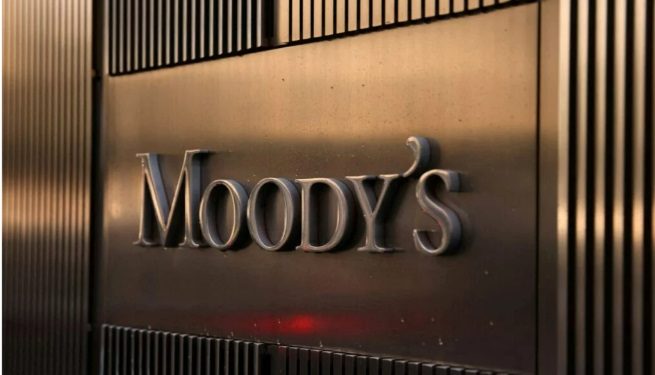Moody’s Upgrades Ghana’s Credit Rating to Caa1 Amid Stronger Fiscal Outlook
Moody’s Investors Service has upgraded Ghana’s long-term foreign currency credit rating to Caa1 from Caa2, citing progress on debt restructuring, fiscal consolidation and macroeconomic stabilisation under the government’s IMF-backed reform programme.
The outlook was revised to stable from positive, signalling growing confidence in the West African nation’s fiscal trajectory and its efforts to restore market access after years of financial strain.
The upgrade, announced on Friday, marks a key milestone in Ghana’s attempt to rebuild credibility with investors following a sovereign default in 2022 that forced the country into one of the most comprehensive debt overhauls in sub-Saharan Africa.
Moody’s said the higher rating reflected “greater macroeconomic stability and favourable external dynamics” that are supporting lower funding costs and the replenishment of foreign exchange reserves. It added that Ghana’s debt metrics were now “on a clearer path towards sustainability,” supported by prudent fiscal management and the IMF’s $3bn Extended Credit Facility (ECF) programme.
Public debt has fallen to GHS 629bn ($51.6bn), or 44.9 per cent of GDP, as of July — down from GHS 764bn (64.9 per cent) a year earlier — while foreign reserves have climbed 43 per cent to $10.7bn by August, aided by stronger gold prices. Inflation eased to 9.4 per cent in September, its first single-digit reading in four years.
The upgrade could lower Ghana’s borrowing costs and bolster investor sentiment, though Moody’s cautioned that vulnerabilities persist, particularly from commodity price swings and tight external financing conditions.
The IMF, which last week reached a staff-level agreement on Ghana’s fifth review under the ECF, has praised the government’s progress in stabilising prices, rebuilding reserves and maintaining fiscal discipline. The agreement, once approved by the Fund’s Executive Board, will unlock a further $385m in financing.
Ghana’s government, meanwhile, has sought to anchor recovery through expenditure restraint and the maintenance of primary budget surpluses under its Fiscal Responsibility Framework — measures seen as essential to consolidating the country’s fragile economic rebound.








